The Touring Superleggera Aero 3 is a coachbuilt Ferrari-engined beauty
Italian coachbuilder Touring has again looked to the pioneering aerodynamic spirit of the 1930s for its latest bespoke project, the Aero 3.

The famed carrozzeria, established in 1925 but reborn in 2005 as Touring Superleggera, says the Aero 3 is its latest in a series of contemporary homages to past classics that began with its take on the Alfa Romeo Disco Volante.
This time round it’s the Alfa 8C 2900 that provides the inspiration, specifically the Touring-designed 1938 Le Mans Berlinetta. The convincing long-bonnet, teardrop-cabin, short-tail proportions of a classic front engine/rear drive GT are amply provided for by the donor vehicle, a Ferrari F12.
“The Aero 3 is our most up-to-date interpretation of Touring’s streamlined style originating in the 1930s,” Touring’s head of design Louis de Fabribeckers tells us. “It’s lightweight like all Superleggera cars and it is aerodynamic, but it is also very beautiful and beauty is just as important to us.”
The design is defined by its huge dorsal fin, an aero device that first appeared in the ‘30s. It sits atop a notched lift-up tailgate with bespoke storage for two helmets – all in accordance with the commissioning owner’s desires. The bright red streamliner commanded a lot of attention even against the grand backdrop of Blenheim Palace where the car was unveiled at Salon Privé.
Over the past 80 or so years Superleggera has become an Italian synonym for super-light, influencing cars from Ferraris to Minis but most notably Aston Martins, and is traditionally a spaceframe construction clothed by aluminium panels. The 1,645kg Aero 3 might have plenty of alloy in it, but it breaks with Touring tradition by having a body made of carbon-fibre.
All the bits you can’t see underneath the 4.8m long two-seat body are Ferrari, including the normally-aspirated 6.2-litre V12, here in 740PS (544kW) tune. It’s enough for Touring to estimate a top speed of 211mph and 0-62mph time of 3.1 seconds.
Touring Superleggera says the second and third cars from a run intended to reach 15 examples are currently being built in Milan. Each of the 15 will be unique in some way to reflect the owners’ visions for their cars. Each car takes 5,000 hours to hand build. Prices reflect the level of bespoke craftsmanship required and stay between the firm and the owner.
As Salon Privé this year amply showed, bespoke, limited-edition models at seven-figure prices are what the top end of the market seeks right now. But it’s a demand that increasingly the manufacturers themselves are filling. With this trend towards bespoke manufacturer offerings, is there still room for a traditional coachbuilder?
“The big advantage we have over limited-run models from the manufacturers is that we have the freedom to do things the manufacturers couldn’t do,” says Louis de Fabribeckers. “This freedom allows us to respond to individual customer requirements more completely, as with the Aero 3.
“Ever since Touring replaced a wooden frame and steel body with the Superleggera spaceframe and aluminium panels in the 1930s, we have been ahead of the trend. Then as now, a coachbuilt car and one from a manufacturer are two different worlds. We do not need the pedigree of the manufacturer. As a company that designed the first Ferrari 166, the first Lamborghini and Maserati and the Aston Martin DB4, Touring has its own authentic pedigree.”
Touring Superleggera
Aero 3















